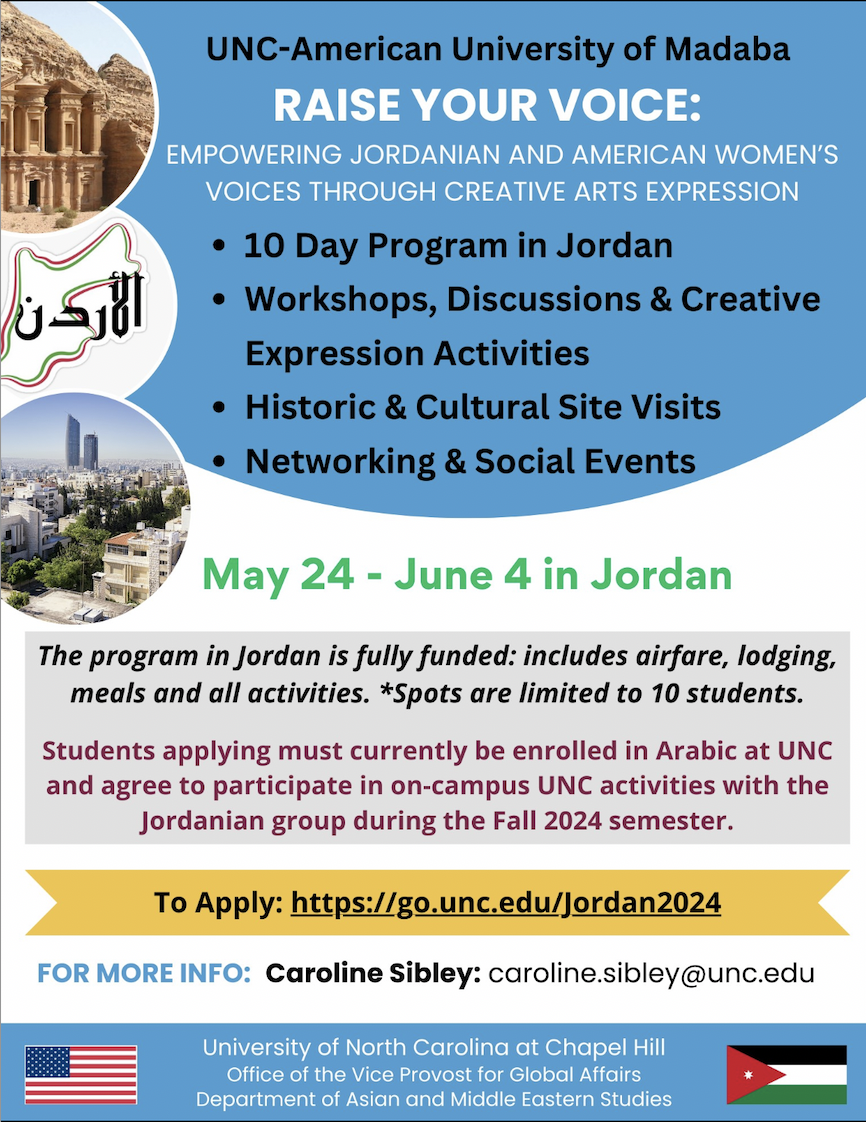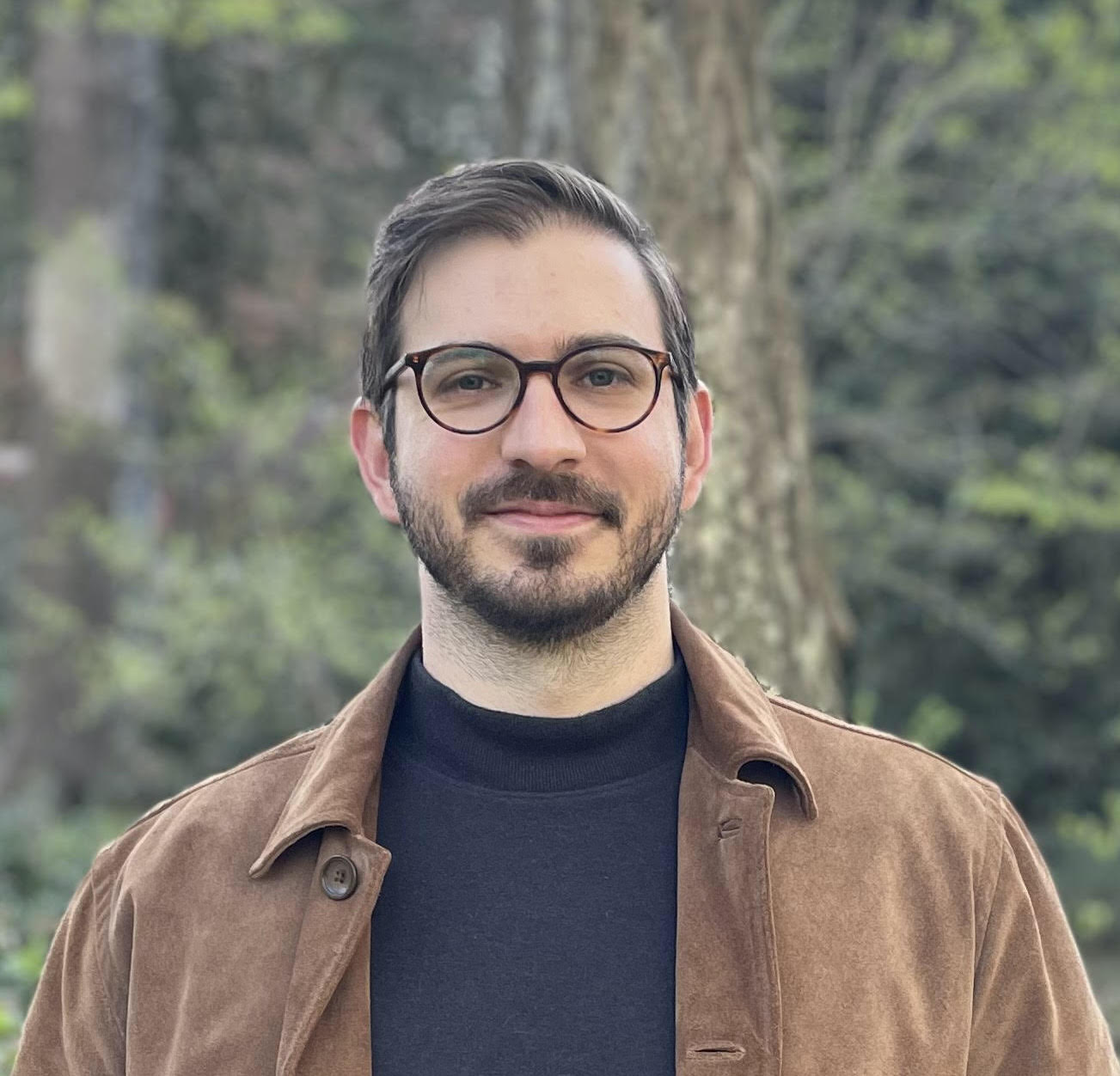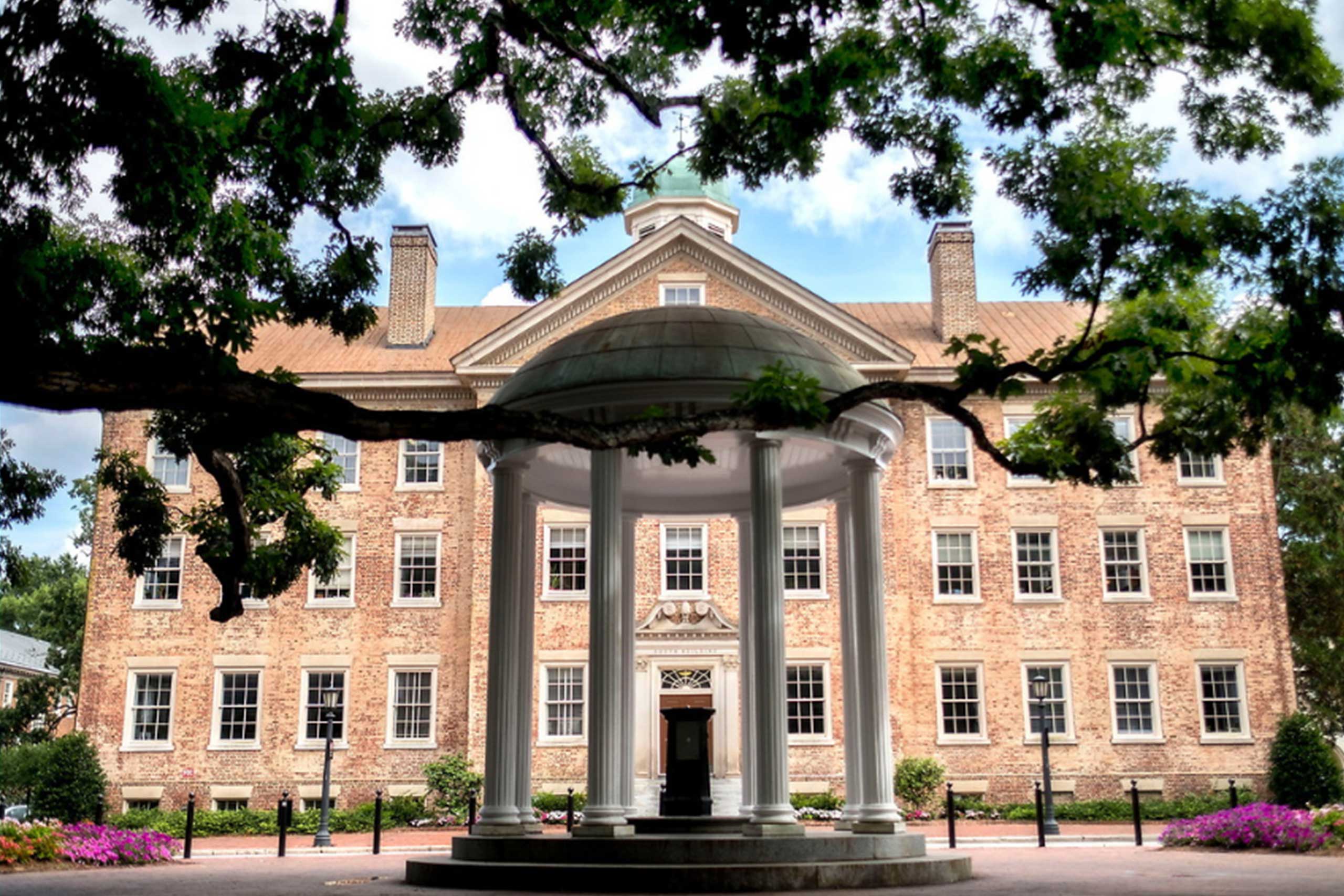
Photo by Jon Gardiner.
Orange County in North Carolina has an estimated 1,200 refugees. While they represent a small portion of the more than 65 million individuals displaced worldwide, their resettlement process can prove challenging.
Local organizations like the Refugee Community Partnership (RCP) and the Transplanting Traditions Community Farm work to address the issues refugees face and support them in their resettlement. These organizations are also fostering understanding between refugees and the community at large.
In addition to community groups, there are a number of programs and projects at the University of North Carolina at Chapel Hill that students can take part in to connect with the refugee population.
Olivia Ballard ’18, a political science and public relations major, first connected with the local refugee community by volunteering with the Refugee Support Center (RSC) her junior year. She worked as a tutor, meeting with elementary and middle school students to help them with English, math, and reading comprehension, all while building meaningful relationships.
“Learning more about the issue of refugee resettlement in this country, especially in light of the negative rhetoric about refugees, made me want to get involved,” she said.
After volunteering with RSC, Ballard continued to be involved in refugee resettlement by working at the North Carolina office of the U.S. Committee for Refugees and Immigrants, where she engaged with clients who had been in the U.S. for less than 90 days. She said helping refugees gain self-sufficiency during their resettlement time is important in their adjustment to life in the United States because government assistance is not permanent.
UNC-Chapel Hill also has programs in place to assist the local refugee population, and has hosted events and exhibitions to raise awareness about the refugee experience in the Chapel Hill–Carrboro community and around the world.
The statewide Building Integrated Communities initiative (BIC) is a multi-year community planning process that helps North Carolina local governments successfully engage with local, foreign-born, refugee, and Hispanic/Latinx residents in order to improve relationships, enhance communication, and promote newcomers’ civic participation and leadership in local government. Chapel Hill was one of two cities in North Carolina selected as BIC’s next government partners for new community planning projects to support the integration of foreign-born, refugee, and Hispanic/Latinx residents.
As part of the initiative, Chapel Hill is receiving research, facilitation, technical support, and project coordination from BIC staff at UNC-Chapel Hill for the two-year project period. The initiative is part of the Latino Migration Project, a collaboration between the Institute for the Study of the Americas and the Center for Global Initiatives at UNC-Chapel Hill.
“We hope to expand inclusive, integration-focused planning with local governments across the state and create opportunities for newcomers’ leadership and civic engagement,” said Hannah Gill, director of the Latino Migration Project.
In addition, The William and Ida Friday Center for Continuing Education honored refugees’ stories and experiences with REFUGEE, an art exhibit that ran from September 25 to November 3, 2017. In a series of events coinciding with the exhibit, the Friday Center covered various topics related to the resettlement process to help community members understand and engage with refugee community leaders.
Topics ranged from strategies for refugee protection to the experience of resettlement and the realities of post-resettlement life. The series ended with a panel discussion, “In Our Backyard: The Realities of Post-Resettlement Life and Community-Based Approaches to Rebuilding Home,” in which Madison Hayes, executive director of the RCP, and Nicole Accordino, project co-director of Transplanting Traditions, spoke about what their organizations are doing in the community.

Transplanting Traditions farmers Paw Lei (left) and Zar Ree (right) are Karen refugees from Burma and work as University housekeepers. Photo by Jon Gardiner.
Since many of the refugee populations in Orange County were used to the farming culture of their homelands, Transplanting Traditions started a farm in 2007 with community gardens for Chapel Hill and Carrboro. Accordino said the organization formed around the idea of putting control over resettlement in the hands of the displaced and fostering a continued connection with their cultures. The farm has grown to its current size of eight acres, involving about 35 Burmese families who came to the U.S. as refugees.
The Transplanting Traditions Community Farm has three goals: to give refugee families access to grow food and medicines; to provide the farmers with economic support; and to use the farm as a site for community gathering. Over 112,000 pounds of food are grown at the farm each year, and families share and sell the food within the community.
“There was a want directly from the [refugee] community to grow from a garden to a farm” Accordino said. “The gardeners [said], ‘Hey, we want more space; let’s move to a farm scale.’”
Meanwhile, Hayes said the RCP’s mission is to be a refugee-led initiative that helps refugees navigate daily barriers and centers around long-term, reciprocal relationships between families and volunteers. The organization’s Bridge Builders program matches local resident volunteers with refugee families.
RCP has over 90 community volunteers and over 300 refugee members who participate in the programs, as well as interpreters who help the two groups connect. The idea is to empower the refugee community to make the decisions of the organization themselves. This includes leading a women’s group, a college preparation group, and more.
Carolina students, faculty, and staff participate in projects and initiatives related to the refugee experience and migration more broadly in other ways. In the fall of 2016, for example, the FedEx Global Education Center featured a ‘Migration Narratives’ Exhibition that highlighted four projects undertaken by recent alumni, graduate, and undergraduate students at UNC-Chapel Hill to consider the local impacts of global migration. Featured in the exhibition was Zubair ’18, a former Syrian refugee and now U.S. citizen. Though adjustment to life in the U.S. was a long process for Zubair, he eventually came to call North Carolina a place he belonged:
“Home. It is home with all the details of home,” he said. “I found love here, welcoming people; I found peace and a future.”
By Haley McDougal ’18
This story originally appeared in Carolina Passport magazine’s 2019 edition.
Posted from UNC Global






